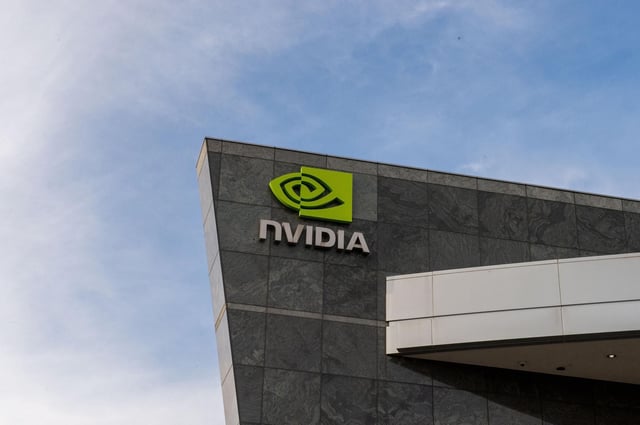Overview
- At the UN General Assembly in New York, more than 200 experts and over 70 organizations called for an international, legally binding agreement that specifies prohibited AI uses by next year.
- The coalition proposes a dedicated global institution to define and enforce red lines and to require developers to demonstrate safety before market access, drawing parallels to pharmaceuticals and nuclear energy.
- Berkeley professor Stuart Russell warned of significant probabilities of catastrophic failures and even irreversible loss of human control, underscoring the urgency of enforceable safeguards.
- Supporters cite national efforts such as the EU AI Act as initial steps but argue that only coordinated global rules can prevent a high‑risk technological race and systemic threats.
- Concurrent reporting shows messy adoption on the ground, with widespread ‘shadow AI’ in workplaces and weak enterprise outcomes, including an MIT Media Lab finding that 95% of generative‑AI pilots failed and FT data showing overwhelmingly positive rhetoric with few concrete results.



